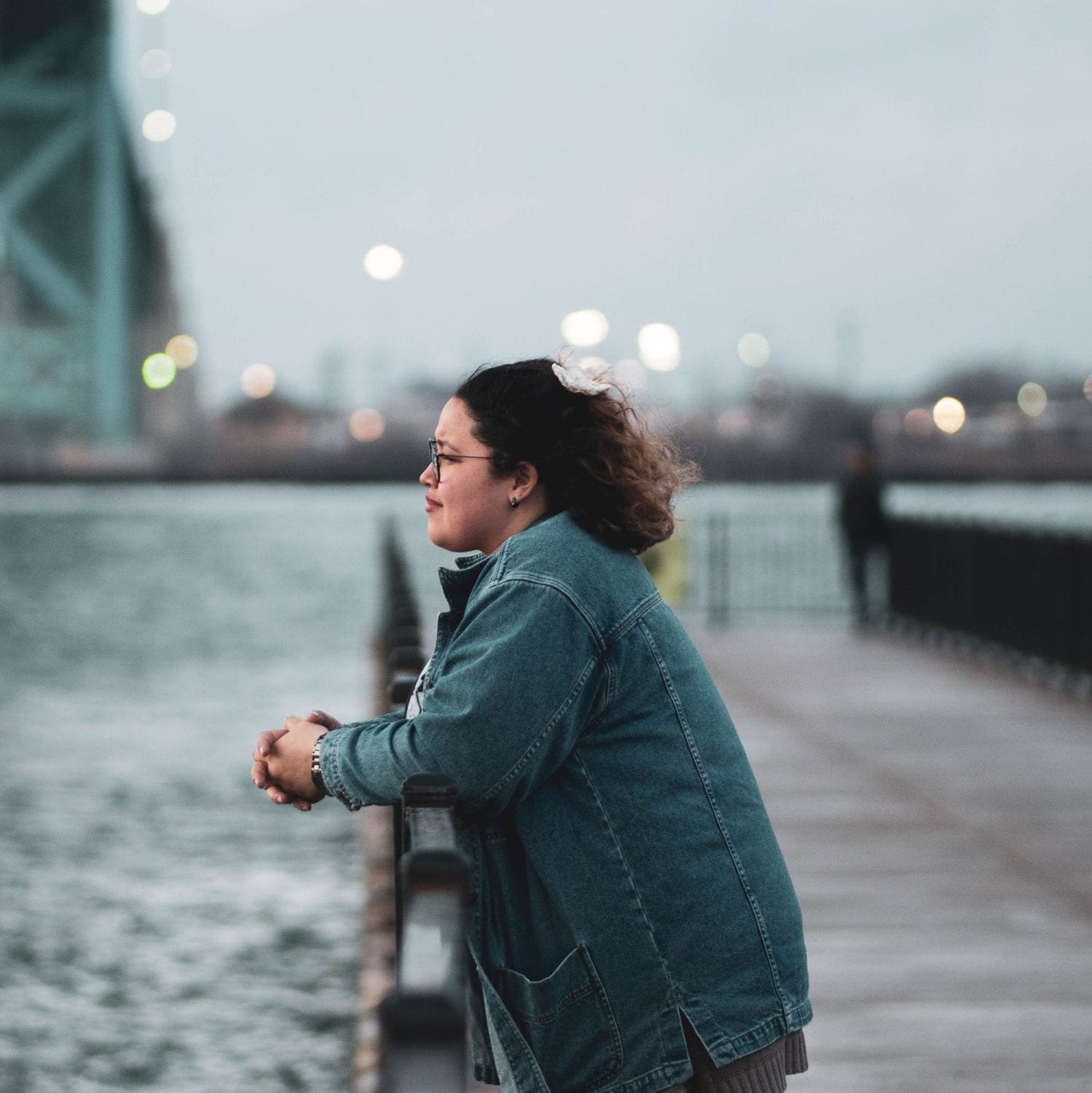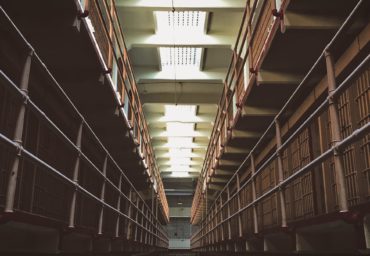
Developing Alternatives that Empower Youth to Succeed
Today across the United States, thousands of children – disproportionately youth of color – languish in locked facilities. It is a sober reminder that our nation continues to choose to warehouse our most valuable asset: our children.
Children are too often referred to a punitive criminal justice system for misbehaviors that would more appropriately be handled within families, schools and communities. Despite research showing that incarceration leads to high youth recidivism rates, as well as poor education, employment, and health outcomes, prosecutors and the courts often fail to use alternatives to incarceration that have been shown to be more effective at rehabilitating young people. Youth of color are disproportionately likely to suffer the harms of these failed policies and practices.
There is a better way.
Public Welfare Foundation supports organizations working in its targeted jurisdictions to advance a fair and effective community-based vision of youth justice, with a focus on ending the criminalization and incarceration of youth of color. In particular, the Foundation makes grants to groups working to:
- Advance state policy reforms that dramatically restrict youth incarceration, abandon the youth prison model, and adopt community-based approaches for youth in the juvenile justice system;
- End the practice of trying, sentencing, and incarcerating youth in the adult criminal justice system; and
- Support innovative strategies to counter structural racism in the youth justice system, with a particular focus on front-end reforms.
Prior Youth Justice Campaigns

Closing Youth Prisons

Racial Disparities

Raising the Age

Advancing a Community-Based Vision of Youth Justice
Research shows that secure custody does more harm than good and can increase a youth’s risk of engaging in crime. By contrast, studies reinforce that local interventions, not prison, are more likely to get a youth back on track and improve community safety.
Yet each day approximately 48,000 youth are held in youth facilities across our country, many for low-level offenses and technical parole violations. More effective alternatives exist, including for those youth who have committed more serious offenses; alternatives that provide the services necessary to address adverse childhood experiences and promote economic self-sufficiency. For all youth who are behind bars, enough is enough.
Warehousing Children
It’s Time to Treat Kids Like Kids